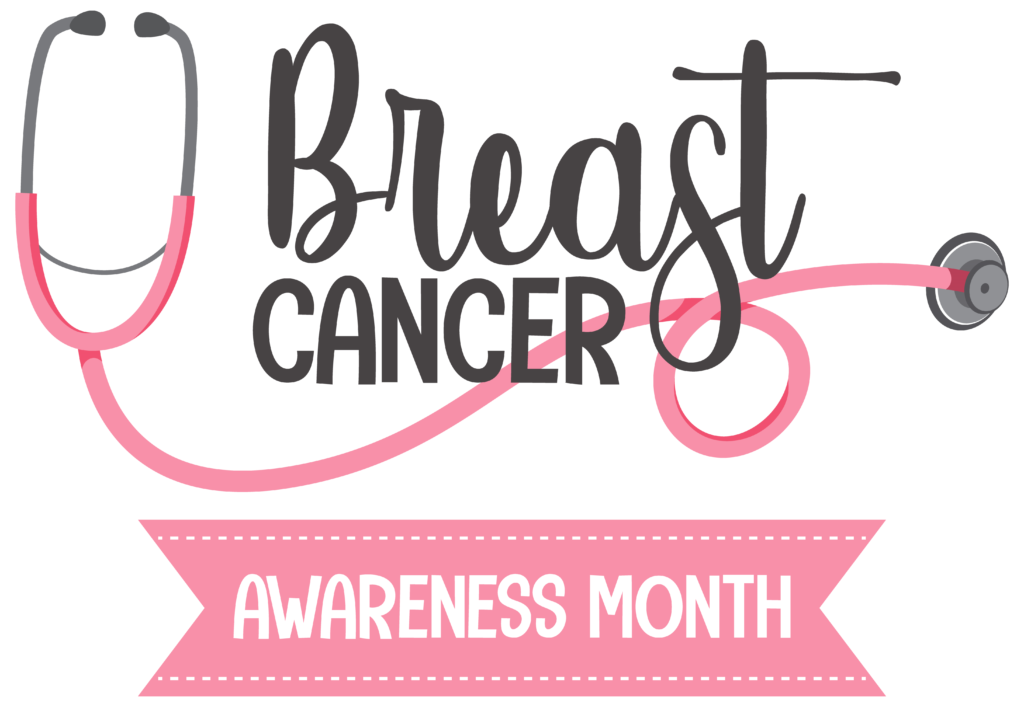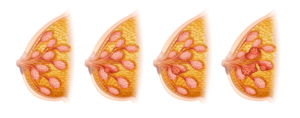In October 2014, the Metastatic Breast Cancer Alliance, of which Breastcancer.org is a member, released an extensive landscape analysis report covering the current state of research, quality of life in patients, available information and support services, metastatic breast cancer incidence and survival rates, and public awareness. According to the findings, women with metastatic breast cancer often do want to enroll in clinical trials so they can try new treatments that might extend their lives. However, these women also say they don’t usually learn about clinical trials for new therapies, especially if they are being done outside their hospital. Those who do participate often say they were motivated by their doctors to enroll.
The Purpose of Clinical Trials
A clinical trial is a research study that tests the success of new medical approaches in people. These trials are sometimes called human studies or clinical trials where new drugs or treatments are safe and effective. Every drug available in the U.S. must be tested in a clinical trial to be approved by the U.S. Food and Drug Administration (FDA).
Breast cancer clinical trials often test new ways to prevent, diagnose, and treat the disease. Because doctors and researchers are constantly studying diseases and treatments, clinical trials may be the best option to treat certain types of breast cancer.
Clinical trials are an essential step in discovering new treatments for breast cancer and other diseases, as well as new ways to detect, diagnose, and reduce the risk of disease. They show researchers what does and doesn’t work in people. Clinical trials also help researchers and doctors decide if the side effects of a new treatment are acceptable when weighed against the benefits offered by the new treatment.
Breast Cancer Staging
Once your healthcare team diagnoses your breast cancer, you may have other tests to figure out the extent of the tumor. This is called the cancer stage. Your healthcare team uses your cancer’s stage to understand your prognosis. Complete information about your cancer’s stage may not be available until after you undergo breast cancer surgery.
Breast Cancer Stages, Tests, and Procedures may include:
- Blood tests, such as a complete blood count, and tests to show how well the kidneys and liver are working.
- Bone scan
- CT scan
- MRI
- A positron emission tomography scan is also called a PET scan.
Not everyone needs all these tests. Your healthcare team picks the proper tests based on your specific situation.
Breast cancer stages range from 0 to 4. A lower number means the cancer is less advanced and more likely to be cured. Stage 0 breast cancer is cancer that is contained within a breast duct. It hasn’t broken out to invade the breast tissue yet. As the cancer grows into breast tissue and gets more advanced, the stages get higher. Stage 4 breast cancer means that the cancer has spread to other parts of the body.
Before selecting your treatment plan, you should understand the difference between standard and clinical trials. Breast cancer standard treatments are methods that experts agree are appropriate, accepted, and widely used. These standard procedures have proven helpful in fighting breast cancer in the past. On the other hand, a breast cancer clinical trial is an approved research study that some doctors believe has a strong potential to improve standard treatments. When clinical trials demonstrate better results than the standard, that new treatment becomes the standard; remember, all current standards were clinical trials.
If a breast cancer clinical trial is an option, your doctor will explain the possible trade-offs with the trial treatment versus standard treatment. With your medical team, you must decide what treatment method is the best for you and your health.
All treatments for breast cancer — including targeted therapies, aromatase inhibitors, tamoxifen, radiation, immunotherapy, and more — were tested in several clinical trials.
Clinical trials are just one type of research that’s done before a new treatment becomes available to people. Before researchers even consider testing them on participants, new medicines must be discovered, purified, and tested in preclinical trials. According to the American Cancer Society, about 1,000 potential drugs are tested before one makes it to clinical trials. On average, researchers study a new medicine to treat breast cancer for at least six years (and sometimes many more) before they can begin to test it in a medical research study involving people. All new treatments must be thoroughly tested. Researchers test possible new drugs in the laboratory. If they look promising, they are carefully tested in people.
Clinical Trials Monitors
- Risks and causes – how genetics, lifestyle, and other factors can increase people’s risk of cancer
- Preventing cancer – using drugs or lifestyle changes to reduce risk
- Screening – tests for people with higher-than-average risk of cancer or the general population
- Diagnosing cancer – new tests, scans, or procedures
- Treatments – new drugs or combinations of drugs. Trials also look at new doses of drugs or new ways of giving treatment and new types of treatment
- Controlling symptoms or side effects – new drugs or complementary therapies
- Support and information – for cancer patients and their careers, families, or friends.
Talk to Your Specialist
Your doctor must usually refer you if you want to join a trial. So, asking your cancer specialist is the best place to start. They will have all your test results, records, and reports so they will know whether a particular trial is proper for you.
Will a Clinic Trial Affect My Breast Cancer Treatment?
We know that one size does not fit all when it comes to breast cancer treatment. That is why your medical team will look at every option to personalize therapy for your breast cancer diagnosis.
Physicians deeply understand which treatments are proven and what therapies are on the horizon. Your treatment options, including investigational treatments, will be available through the clinical trial program, such as:
- Proton therapy
- Targeted therapy
- Immunotherapy
When you participate in a clinical trial, your research team and primary oncologist collaborate to support you during your treatment.
Steps to Find a Clinical Trial
If you consider joining a clinical trial as a treatment option, talking with your doctor or another healthcare team member is the best place to start. Often, your doctor may know about a clinical trial that could be a good option for you. He or she may also be able to search for a trial for you, provide information, and answer questions to help you with your decision.
Some doctors may not be aware of clinical trials that could be appropriate for you. If so, you may want a second opinion about your treatment options, including participating in a clinical trial.
SUMMARY
There may be a local trial that would suit you. Your specialist will know about large national trials for your type of breast cancer.
Clinical trials are research studies where people volunteer to try a new drug under careful supervision to help doctors determine if it’s safe and effective. By joining a clinical trial, you can try a treatment that isn’t otherwise available and might benefit you. These studies help improve the overall standard of care.
The uncertainty of not knowing how a clinical trial turns out can make it hard to decide whether you want to participate. In rare cases, clinical trial volunteers have been hurt by the treatment or procedure being tested. At the same time, hundreds of thousands of people have benefited. They are alive because other people chose to participate in a trial that resulted in a new, more effective treatment. While clinical trials are essential, participating in one is very personal and depends on your unique situation. As with any breast cancer treatment, it’s a good idea for you and your doctor to weigh the benefits against the risks and decide what’s best for your treatment.
If you decide to look for trials independently, the NCI’s Cancer Information Service can also provide a tailored clinical trials search that you can discuss with your doctor. Call 1-800-4-CANCER (1-800-422-6237), and a free service to reach them. Remember that the search results do not replace advice from your doctor.
REFERENCES
Breastcancer.org
Mayo Clinic
National Breast Cancer Foundation, INC
National Cancer Institute
Penn Medicine










